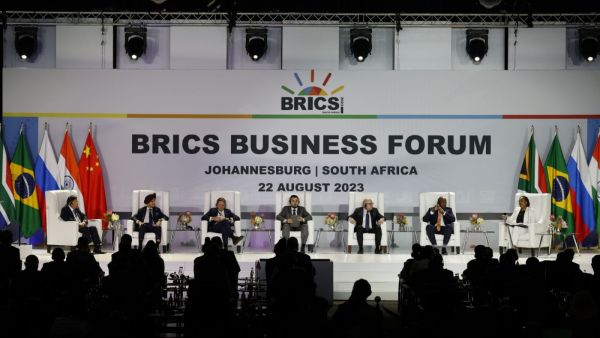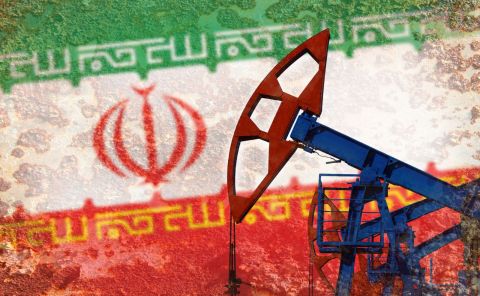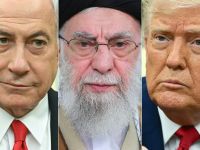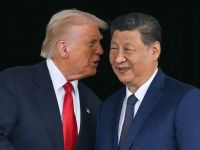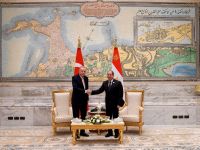ALBAWABA – Reducing dependence on the United States (US) dollar topped the agenda of countries meeting at the BRICS in South Africa summit on Tuesday, news agencies reported.
Major emerging market powers meeting for a three-day convention of nation leaders at the BRICS in South Africa summit, which kicked off Tuesday, August 22, will discuss various topics, including expansion and reducing dependency on the dollar.
The summit will run through August 24, with Brazil, Russia, India, China and South Africa leading the talks on expanding the group and increasing trade in local currencies, according to Bloomberg.
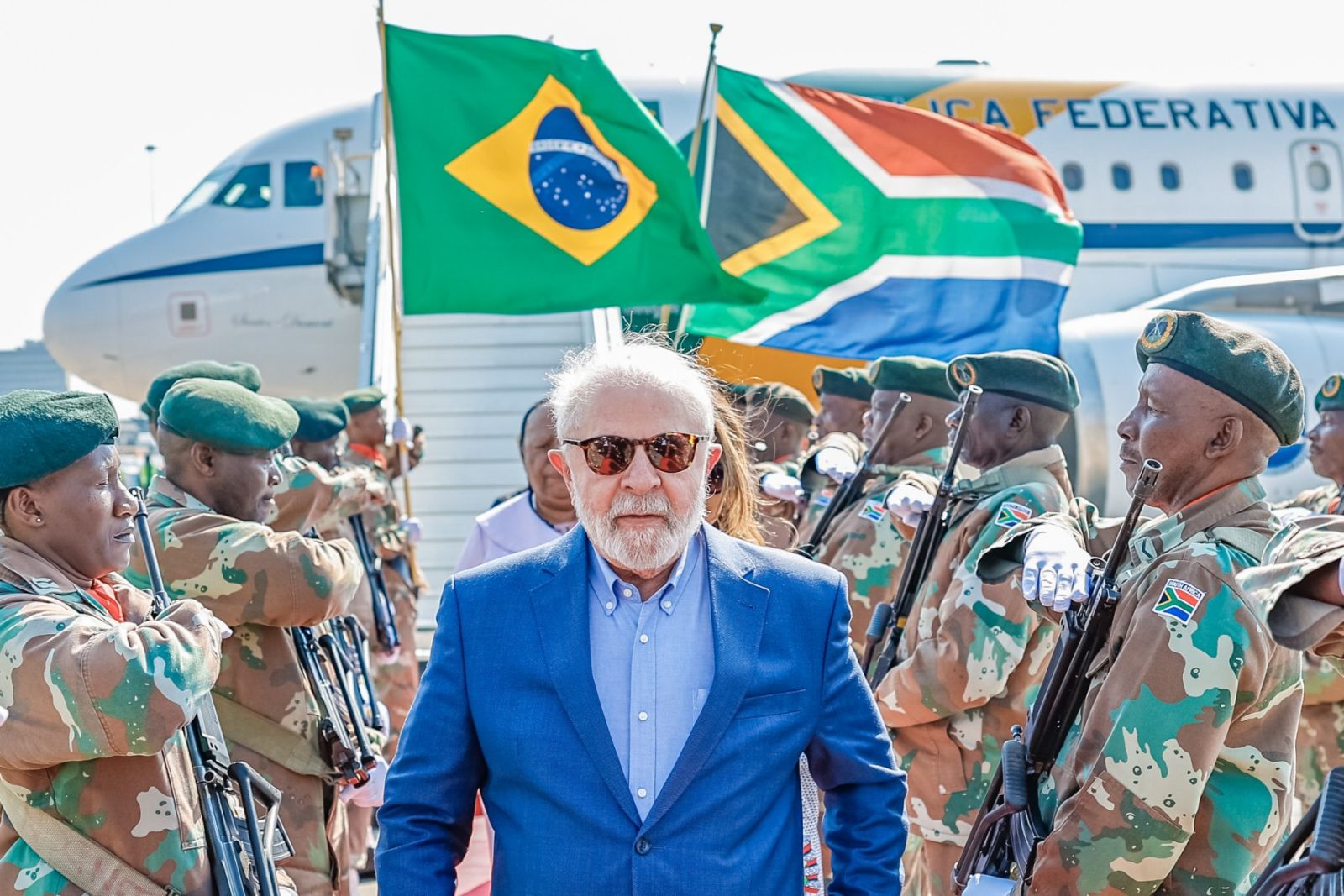
Russian President Vladimir Putin isn’t attending, to avoid an international arrest warrant over Moscow’s invasion of Ukraine, the New York-based news agency reported.
“The current debate is how do we finance projects in each of the BRICS member states in their own currencies,” South African Finance Minister Enoch Godongwana told reporters in Pretoria on Tuesday.
It was premature for South Africa to consider withdrawing from the SWIFT global payment system or limit its dollar usage, he noted.
A key goal of the BRICS in South Africa summit is to find ways to lessen dependence on the dollar by boosting payments in members’ currencies. But there is a long-term ambition to launch a common currency to challenge the greenback, according to Bloomberg.
However, Jim O’Neill, a prominent economist and veteran of Goldman Sachs Group Inc., told Bloomberg TV that the idea of a BRICS common currency displacing the dollar any time soon was “madness.”
Notably, it was O’Neill, who coined the acronym BRIC in 2001 to describe the rising might of Brazil, Russia, India and China, before South Africa joined a year later.
On expanding the bloc, he warned that making it bigger could make it harder to get things done.
BRICS in South Africa summit to discuss expansion
China, with the support of Russia and South Africa, has been pushing for new members to be admitted into the alliance.
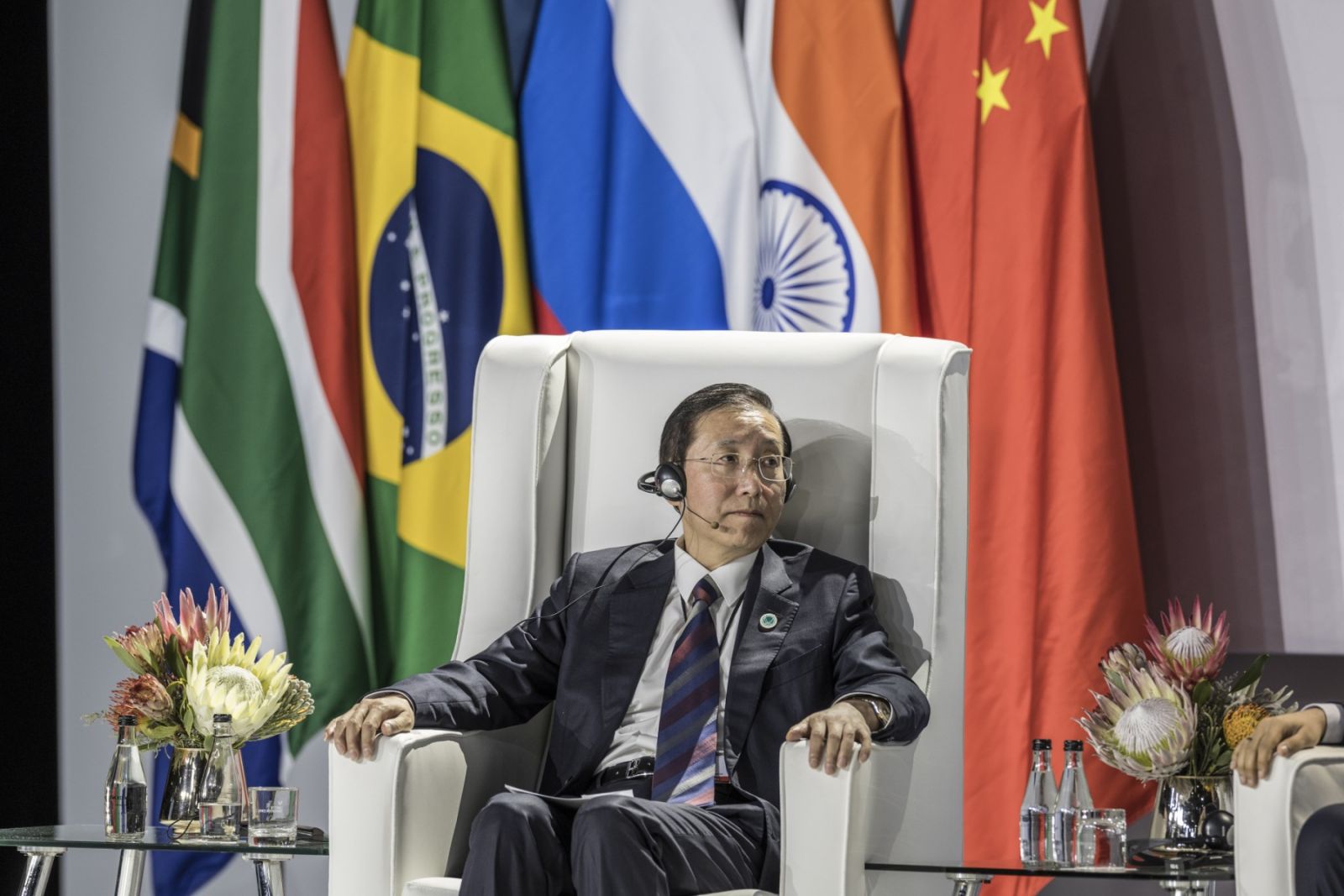
The expansion has stoked concerns the bloc is trying to position itself as a counterweight to the Group of Seven, as reported by Bloomberg.
Yet, South African Deputy President Paul Mashatile denied that BRICS was in any way an anti-Western block. “We are not here to compete with G7,” he said.
Multiple candidates were nominated to join the coalition, from Iran to Argentina, including Saudi Arabia, whose admission is under consideration at the BRICS in South Africa summit, Reuters confirmed.
According to the Canada-based news agency, many of these countries’ leaders seek by joining BRICS to level an economic playing field that has been rigged against them, they believe.
Overall, more than 40 countries have expressed interest in joining BRICS, officials from South Africa said, and nearly two dozen of them have formally applied.
From reportedly abusive trade practices, through punishing sanctions regimes and the perceived neglect of the development needs of poorer nations, to the wealthy West's domination of international bodies, such as the United Nations, the International Monetary Fund or the World Bank, all of these concerns are present at the BRICS in South Africa summit.
There have been more than 20 formal applications to join and South Africa President Cyril Ramaphosa on Sunday night sounded his formal support to the goal of expanding the bloc, Bloomberg reported.
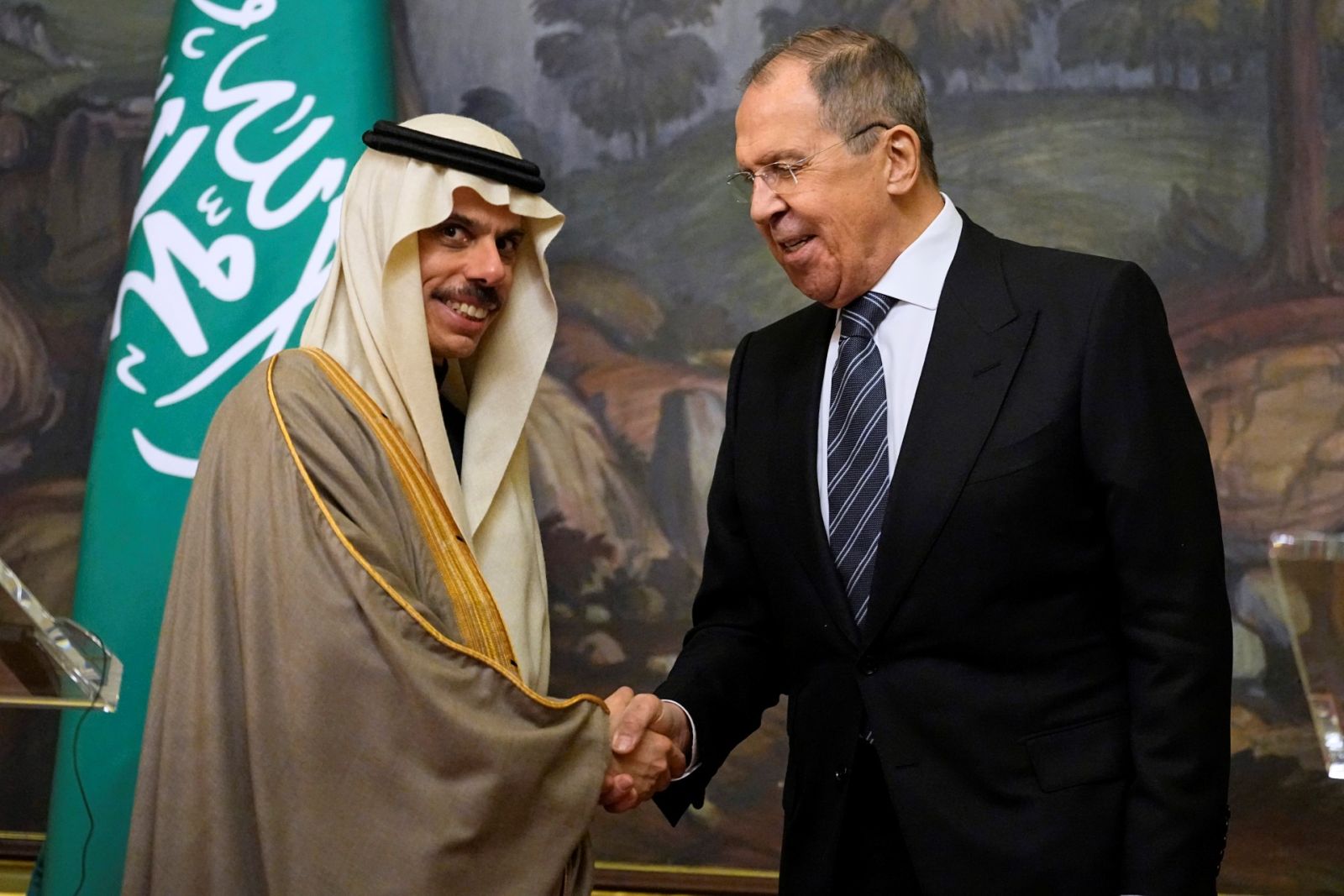
Back in June, Russia Foreign Minister Sergei Lavrov declared that Saudi Arabia, the United Arab Emirates, Algeria and Egypt were all strong applicants.
"The objective necessity for a grouping like BRICS has never been larger," said Rob Davies, South Africa's former trade minister, who helped usher his country into the bloc in 2010.
"The multilateral bodies are not places where we can go and have an equitable, inclusive outcome,” he added.
The BRICS are home to nearly 40% of the world's population and a quarter of its GDP.
But the bloc's ambitions of becoming a global political and economic player have long been thwarted by internal divisions and a lack of coherent vision, according to Reuters.
Expanding the bloc will matter economically only if Saudi Arabia joins the alliance. Otherwise, it’s hard to see the point, O’Neill exclaimed.
Saudi Arabia joining would be a “pretty big deal,” he said Monday.
The Kingdom’s traditionally close links with the United States (US) and its role as the world’s largest swing oil producer would add heft to the club, he explained.


